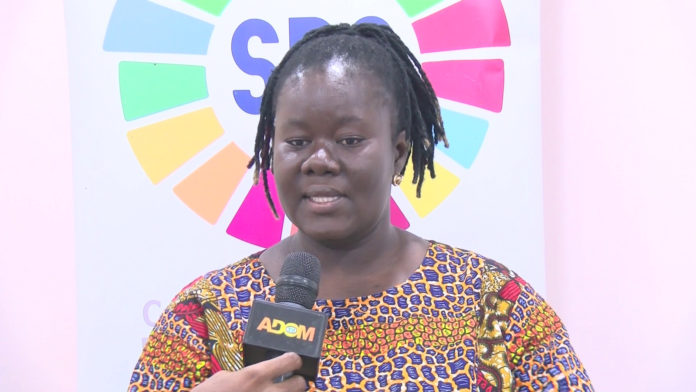Mercy Amokwando, a prominent advocate of “Hope for Future Generations,” has highlighted the importance of prioritising immunisation in Ghana.
Miss Amokwando has asserted that, immunisation is not merely a medical necessity but also a strategic investment in the nation’s future.
She was speaking at the Ghana Civil Society Organisations Platform on Sustainable Development Goals (SDGs), in partnership with SEND Ghana’s key stakeholders from the education and health sectors to get their inputs in the 2024 budget.
She underlined the urgent need for the provision of adequate resources to immunisation programmes to safeguard the health and well-being of Ghana’s youngest citizens.
Miss Amokwando shed light on several pressing issues that are currently impeding the effectiveness of immunisation efforts in the country. One of the primary concerns is the absence of chest freezers for the storage of vaccines at various health centers.
Proper storage is crucial to maintain the potency of vaccines and ensure their effectiveness.
The failure of the government to fulfill its commitments to the Global Alliance for Vaccines and Immunisation (GAVI) has resulted in a shortage of immunisation vaccines.
This shortage directly impacts the health and well-being of children in Ghana. Health workers play a pivotal role in the success of immunisation programs.
However, the lack of motivation for these workers to deliver quality service to the people has been identified as a significant challenge.
To reach remote and hard-to-access areas, health workers require motorbikes and life jackets.
The provision of these essential resources should be prioritised to ensure that all communities have access to immunization services.
She reminisced about a time when mothers attending immunisation sessions were provided with supplementary items like tom brown, milk, sugar, and more.
These incentives played a significant role in encouraging parents to prioritise immunisation for their children.
She emphasised that immunization not only saves children from preventable diseases but also contributes to the overall health and prosperity of the nation.
Ms. Amokwando urged the government, health authorities, and concerned stakeholders to address these challenges promptly, as they are critical to ensuring the success of Ghana’s immunisation programmes.
As Ghana continues its efforts to protect its youngest citizens through immunisation, the resolve to overcome these obstacles has never been more crucial. Advocates like Mercy Amokwando and organizations like Hope for Future Generations are steadfast in their commitment to advocating for improved immunization programmes and a healthier future for Ghana.

